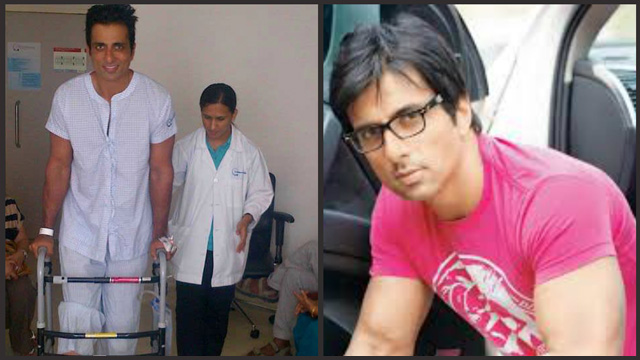Renowned economist Bibek Debroy, who works with Centre for Policy Research, lays down a ten point check for the next government which will be formed after the general elections this year.
The finance minister P Chadambaram presented government’s last interim budget. It was not full of populist measures but it had substantial red blots on it which cam pose problem for the next government.
Renowned economist Bibek Debroy, who works with Centre for Policy Research, gives a ten point check for the next government which will be formed after the general elections this year. In doing so, he explains in a very basic language that the next government will have to work hard in this struggling economy because Chidambaram has done his best to sow thorns for it.
Let’s have a look at these ten points:
#1: Given the bad fiscal situation in 2014-15 and conditions of banks, the Fiscal Responsibility and Budget Management Act (and Rules) must be rehabilitated with explicit targets of eliminating the revenue deficit, reducing fiscal deficit/GDP ratio to 3 percent and setting a cap on outstanding liabilities to GDP, within a clear time-frame.
#2: The RE (revised estimates) for 2013-14 will have to be redone. All 60-odd loss-making Central PSUs should be privatised, regardless of whether market conditions are right or not.
#3: Administered pricing will have to be scrapped. Combining Coal, Mines, New and Renewable Energy, Petroleum and Natural Gas and Power, there should be only a single Ministry for Energy. Coal needs to be denationalised. All central PSUs must be freed from ministerial control.
#4: The DTC (Direct Taxes Code) must be reintroduced in its original simple form. First, nothing other than income will be taxed. Second, personal income tax rates should be 10 percent, 20 percent and 30 percent, while the corporate rate will be 30 percent. Third, non-agricultural incomes of farmers need to be taxed. Fourth, there will be no retrospective application of taxation changes. Fifth, since nothing other than income will be taxed, all exemptions will be scrapped. Sixth, the Central Board of Direct Taxes (CBDT) should reduce harassment by tightening up systems for scrutiny, appeals and refunds.
#5: GST (good and services tax) must be introduced in the form that was originally intended.
#6: The 7th Pay Commission has been announced and it will devastate State-government finances. The second Administrative Reforms Commission (its fourth Report) needs to be implemented.
#7: A lot of central money is frittered away on the central sector and centrally-sponsored schemes (CSSs). There are still around 200 CSSs. These are typically in areas that are in the state list of the Seventh Schedule. Therefore, they should be scrapped. In 2014-15, only the following CSSs should be retained: Swajaldhara, MGNREGS (i.e. the 100 days job guarantee scheme), the Total Sanitation Campaign, the three health missions (NHM, NRHM, NUHM), the SGRY (Sampoorna Grameen Rozgar Yojana), SJGSY (the Swarnajayanti Gram Swarozgar Yojana), ICDS (the Integrated Child Development Programme), the Sarva Shiksha Abhiyan (SSA), the Pradhan Mantri Gram Sadak Yojana, the Rajiv Gandhi Grameen Vidyutikaran Yojana, the Economically Weaker Sections/Low Income Group housing scheme in urban areas, the Indira Awaas Yojana, the Mid-Day Meal Scheme, and the Rashtriya Krishi Vikas Yojana. These are major schemes and are, in some sense demand-driven.
#8: There should be a five-year timeframe to phase the above CSSs out too. In that timespan of five years, all devolution of funds to states will be through the Finance Commission, abolishing the plan versus non-plan distinction.
#9: There should be a mechanism to monitor the implementation of the recommendations of the 14th Finance Commission. More importantly, State Finance Commissions will be set up and their recommendations made mandatory. This will ensure devolution to ULBs (urban local bodies) and PRIs.
#10: Basic principles on issues connected to land, forest, environment and technology clearances have to be laid down. The collective responsibility of Cabinet should be rehabilitated and the group of ministers/empowered group of ministers (GOM/EGOM) system needs to be scrapped.
Photo: IANS





